As South African schools increasingly adopt technology, parents, teachers, and students are left pondering: Is this shift toward tech-driven learning truly beneficial? When implemented thoughtfully, technology can significantly enhance education by expanding access to resources and engaging students. However, concerns over unequal access and the potential downsides of over-reliance on digital tools remain. This article explores the key technologies in South African classrooms, their advantages, challenges, and useful online resources for parents.
Key Technologies in South African Schools and Their Uses
-
Interactive Whiteboards and Projectors
Interactive whiteboards have replaced traditional chalkboards in many schools. These smart boards enable teachers to present multimedia lessons, real-time annotations, and diagrams that make subjects more engaging. For example, a geometry class may involve students solving problems directly on the board, making math more interactive and visually appealing. -
Tablets and Laptops
Tablets and laptops are provided to students in some schools, especially private and well-funded public institutions. They give access to e-books, research tools, and educational apps such as Khan Academy and Prodigy, which allow students to learn at their own pace. These devices are valuable for promoting independent learning and facilitating collaborative group projects. -
Virtual and Augmented Reality (VR and AR)
VR and AR are being piloted in select schools to offer immersive learning experiences. Students can use VR headsets to "visit" historical landmarks or explore space, creating memorable and hands-on learning opportunities that go beyond traditional textbooks. -
Coding and Robotics Kits
The emphasis on STEM education has led to the adoption of coding programs and robotics kits. Initiatives like Africa Code Week teach basic coding skills, while platforms like Scratch allow students to create animations and simple programs. These activities develop logical thinking, problem-solving abilities, and collaboration—essential skills for the digital world. -
Learning Management Systems (LMS)
Platforms like Google Classroom and Moodle are used to assign, submit, and grade work digitally. LMS tools provide a central hub where students can access resources, communicate with teachers, and track their progress, facilitating hybrid or distance learning models.When thoughtfully integrated, technology can transform education. Key benefits include:
- Personalised Learning: Adaptive programs adjust to a student’s learning pace, helping them progress without feeling overwhelmed.
- Enhanced Engagement: Multimedia tools and simulations make lessons more enjoyable, boosting student interest and retention.
- Global Connectivity and Collaboration: Students can participate in global projects and access information from around the world, broadening their understanding.
- Development of Digital Skills: Exposure to technology from a young age equips students with crucial skills for future careers and everyday life.
Challenges and Potential Drawbacks
Despite its advantages, integrating technology comes with challenges. One significant issue in South Africa is the digital divide—the disparity in access to reliable internet and devices between well-resourced and underprivileged schools. Rural and urban schools with limited resources struggle to provide the same opportunities, exacerbating educational inequality.
Additionally, concerns about excessive screen time and digital distractions are valid. Overuse of technology may impact concentration and reduce students' ability to engage in traditional learning activities, such as handwriting or face-to-face communication. Striking the right balance between digital and conventional learning is essential.
Does Technology Signal an End to Traditional Education?
Rather than replacing traditional education, technology enhances it. Foundational methods like hands-on activities and in-person teaching remain vital. Technology should be seen as a complementary tool that enriches the learning experience rather than a complete substitute.
Recommended Online Educational Resources for Parents
Parents can use the following online resources to support their children’s learning:
- Khan Academy (khanacademy.org): Free, high-quality tutorials on subjects from math to history for all ages.
- TWINKL South Africa (twinkl.co.za): Printable worksheets and activities aligned with the South African curriculum.
- Prodigy (prodigygame.com): A math-focused game that adapts to the learner’s level, offering fun and educational challenges.
- Siyavula (siyavula.com): Interactive math and science resources for Grades 4-12, aligned with the CAPS curriculum.
- Nal’ibali (nalibali.org): Literacy resources in multiple South African languages, promoting a culture of reading from an early age.
Conclusion
When used effectively, technology can be a powerful ally in education, offering flexible learning opportunities and engaging content. However, successful integration in South Africa requires addressing access disparities and ensuring technology complements rather than replaces traditional learning. With the right resources and thoughtful implementation, technology can help create a future-ready educational environment.
For more parenting insights, visit PlanetParent.

